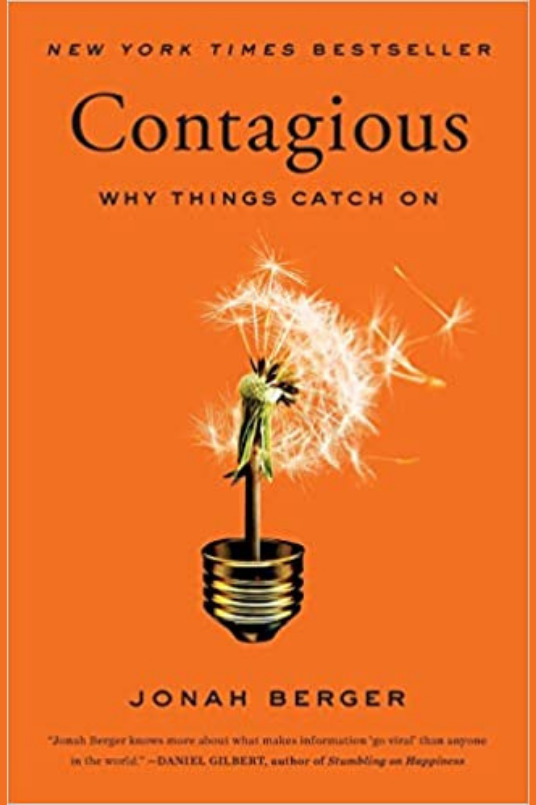It sits at the top of many marketing book recommendation lists, including the American Marketing Association book competition. Without a doubt, you’ll be able to get great insights from this book.
Flow: 5/5
Actionability: 4/5
Mindset: 4/5
Some of My Highlights:
“More than 25 percent fail within twelve months of opening their doors. Sixty percent are gone within the first three years.”
“Wein didn’t create just another cheesesteak, he created a conversation piece.”
“The story of the hundred-dollar cheesesteak was contagious.”
“Word of mouth is the primary factor behind 20 percent to 50 percent of all purchasing decisions.”
“Word of mouth tends to reach people who are actually interested in the thing being discussed.”
“Research by the Keller Fay Group finds that only 7 percent of word of mouth happens online.”
Harnessing the power of word of mouth, online or offline, requires understanding why people talk and why some things get talked about and shared more than others.”
“The reason? Social currency. People share things that make them look good to others.”
“Indeed, research finds that more than 40 percent of what people talk about is their personal experiences or personal relationships.”
“They found that sharing personal opinions activated the same brain circuits that respond to rewards like food and money.”
“So, not surprisingly, people prefer sharing things that make them seem entertaining rather than boring, clever rather than dumb, and hip rather than dull.”
“Give people a way to make themselves look good while promoting their products and ideas along the way.”
“People don’t just care about how they are doing, they care about their performance in relation to others.”
“But if a product or idea doesn’t automatically do that, it needs to be ‘gamified’.”
“The moral? People don’t need to be paid to be motivated.”
“People talk about Cheerios more than Disney World. The reason? Triggers.”
“Triggers are like little environmental reminders for related concepts and ideas.”
“When French music was playing, most customers bought French wine. When German music was playing most customers bought German wine.”
“The fact that they were in a school when they voted triggered more school-friendly behavior.”
“But as we say in our fruits and vegetable study, a strong trigger can be much more effective than a catchy slogan.”
“Products and ideas also have habitats, or sets of triggers that cause people to think about them.”
